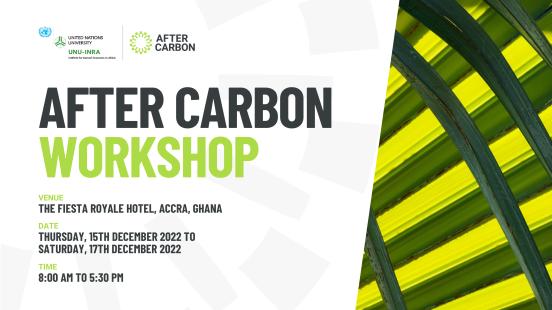The Problem
The transition to a post-carbon economy offers Africa a unique opportunity to redefine its position on the world stage – leapfrogging other nations, and leading on the development of critical climate solutions, tailored to the needs of each country. But, right now, Africa is underprepared for such a transition. Policy makers in most African countries are consumed with boosting local economies to better support their citizens. With many dealing with economic downturn and increased debt following COVID-19, they often lack the time, the space, resource and available skills needed to develop approaches that will future proof their country in a post-carbon future.
There is also a clear disconnect between science and policy. With limited resource for data collection, analysis, and storage - and financial investment for research institutions lagging behind demand - the short and long-term research needed to influence national policies on the transition has been left behind. Clearly, if we are to take advantage of Africa’s unique position – including its absence of legacy infrastructure, and abundance of minerals, rainforest, and arable land – it is essential that we provide African institutions with best-in-class science on the solutions available to them.
But more than this, we must showcase how these solutions will impact their people. There is a unique business opportunity for Africa in greening its future. Opportunities in key sectors – such as renewables, energy efficiency, waste management, building and construction – offer significant opportunities for job creation which could be a power catalyst for spurring growth, economic stability, and environmental sustainability. These solutions not only have the ability to influence Africa’s development but its long-term position on the global stage.
The Solution
That’s where AFTER Carbon comes in. AFTER Carbon is a Policy to Research Hub – a matchmaking service bringing together scientists, entrepreneurs, policy makers and civil society groups, within a transdisciplinary research programme, centred around solving the key policy problems limiting transitions to low-carbon development. Our programme is the first of its kind to adopt a ‘how to’ continent-wide approach – with the potential to keep key stakeholders bound to the process. The collaboration of these minds will allow experience and lessons to be shared across the continent, preventing unnecessary duplication of effort in the transition.





